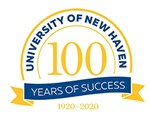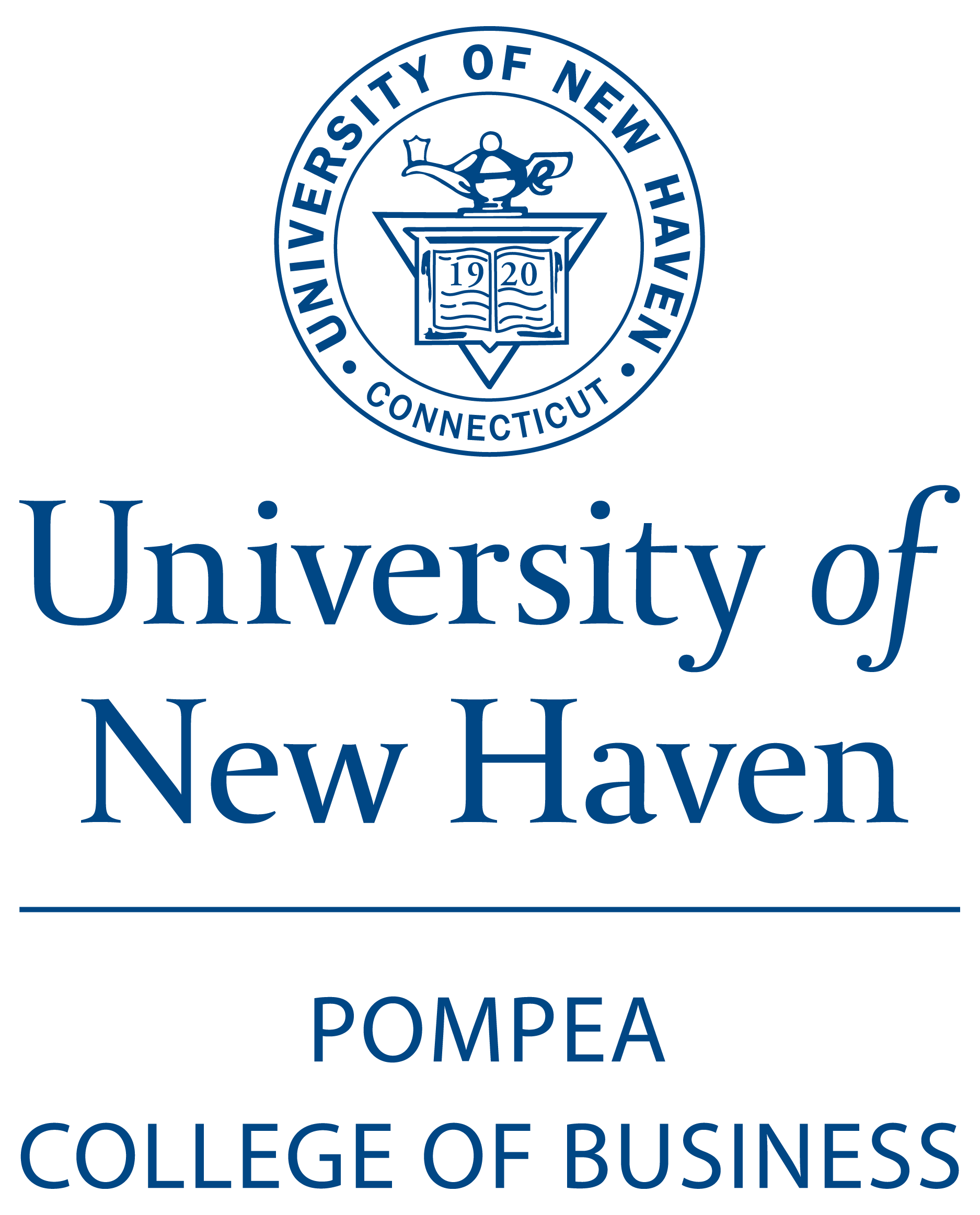Abstract
This paper examines how corporate narratives support either the impression management hypothesis or the incremental information hypothesis by analyzing the frequency of trust words used in the Management Discussion and Analysis (MD&A) section of 10-K filings. By directly linking trust language to actual fines and violations enforced by more than 400 federal, state, and local regulatory agencies in the U.S. from 2010 through 2023, we find that firms using more trust words in their MD&A tend to incur higher monetary penalties. We also document a significant link between increased use of trust words and poorer firm performance. Additional analyses reveal intriguing patterns: firms that use more trust words are (1) more likely to operate in "sin" industries such as tobacco, alcohol, and gaming, and (2) more prone to incorporate a higher frequency of buzzwords into their communication. Overall, our findings support the impression management hypothesis, emphasizing how companies may strategically use language to influence perceptions.
Creative Commons License

This work is licensed under a Creative Commons Attribution-NonCommercial 4.0 International License
Recommended Citation
BC, Bishal and Simpson, Thuy
(2025)
"In Companies We Trust: Cheap Talk or Genuine Virtue?,"
American Business Review: Vol. 28:
No.
2, Article 12.
DOI: 10.37625/abr.28.2.592-617
Available at:
https://digitalcommons.newhaven.edu/americanbusinessreview/vol28/iss2/12
DOI
10.37625/abr.28.2.592-617



